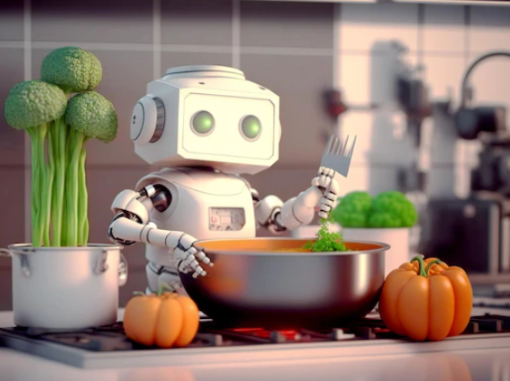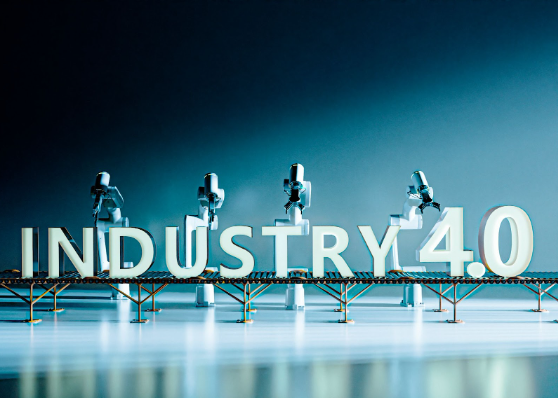

Digital transformation is impacting the sports world, including football, through the use of artificial intelligence (AI) and data analytics. At the 2022 Qatar World Cup, teams had access to advanced statistics generated by FIFA to evaluate their performance. Data and video analysts were used to gather information during matches. The current challenge is not just to accumulate data, but to develop the ability to interpret it and obtain relevant information for strategic decision-making. AI and analytical tools enable the use of data to develop strategies based on strengths and weaknesses. The question is whether data will replace intuition in football.

The new generation of robots in the culinary world uses IoT sensors and artificial intelligence to perform tasks in the kitchen efficiently. These robots can help address staff shortages, reduce food waste, and improve the customer experience. Examples include an autonomous AI system that automates cooking, a barista robot that prepares up to 400 cups of coffee, and a robot that fries chicken wings, increasing food production speed. The food industry is experiencing technological advances, and more complexity is expected in data management and training to program the robots.

Compared to other fields, robotics has particular characteristics because its goal is to enable a physical agent to interact with the real world.

The pandemic has boosted e-commerce and home deliveries, highlighting the
importance of the "last mile" in the customer experience. Logistics increasingly requires data management and the adoption of technologies such as artificial intelligence, Big Data, and the Internet of Things to meet consumer demands. Despite the growth of e-commerce, digitalization in the logistics sector in Spain is still lagging behind.
Optimizing the last mile is achieved through smart warehouses, route optimization with Big Data, and real-time tracking, which improves profitability and the customer experience.

Industry 4.0 goes beyond digitalization and focuses on human impact. The convergence of disruptive technologies transforms industrial practices and creates products and services aligned with market needs. It’s necessary to combine technological enablers with a strategic, human-centered approach. The holistic vision of Industry 4.0 seeks trust and collaboration among all ecosystem players.

Industries are adopting technology and data management to generate even more value in their business models, and the oil and gas industry – especially service stations – is no exception.
Subscribe to our periodic Technology News digest.

©2023 Zentricx – All Rights Managed.